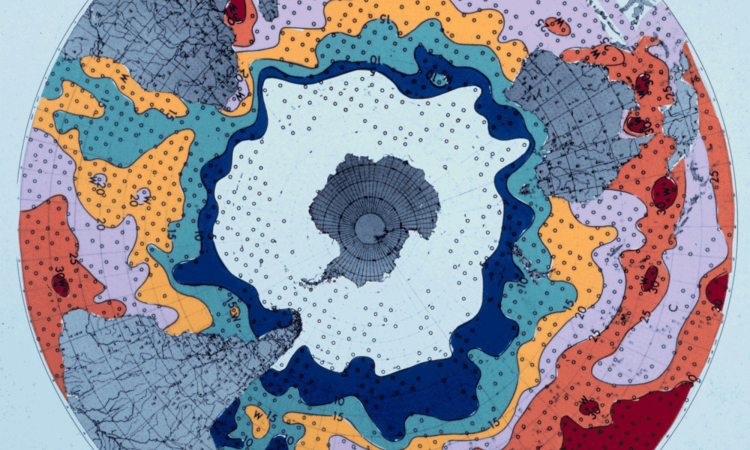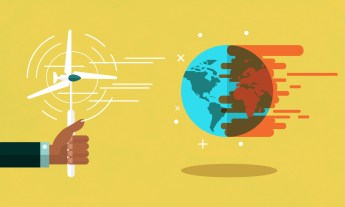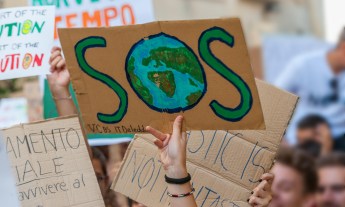
“We are the first generation to feel the impact of climate change, and the last generation that can do something about it.” What does global weirding mean for the global South? 3 ideas behind the news.
Source: “The state of the climate — and what we might do about it,” TED Talks, 2014.
Why you should watch this talk: The problem of climate change is way too big for any one country to solve. Will the world’s countries work together on climate to not just avert disaster — but spur better lives for all? There are positive examples of change. “In Brazil, the rate of deforestation has been reduced by 70 percent over the last 10 years,” notes climate economist Lord Nicholas Stern in this talk. How? “By involving local communities, investing in their agriculture and their economies, by monitoring more carefully, and by enforcing the law more strictly.” What else can the global South (and the rest of the world) do to tackle climate change in the next two decade? Stern outlines a boldly optimistic plan, presented to the UN’s Climate Summit and explained in this handy report.
Source: “Climate change 2014: Impacts, adaptation and vulnerability. Summary for policymakers,” Intergovernmental Panel on Climate Change, 2014 (pdf).
Why you should read this report and then kind of freak out a little: There are multiple tipping points within the broader topic of climate change — and all of them affect the global South. The question isn’t “have we reached the tipping point on climate change?” but “how many tipping points on climate change have we reached?” Climate data suggests that Central and South America will face interconnected risks, such as: declining water availability in both semi-arid and glacier-melt-dependent regions; flooding and landslides in both urban and rural areas due to extreme precipitation; the spread of vector-borne diseases in altitude and latitude; and decreased food production and food quality. If you need more data to connect the dots between global health issues and extreme weather patterns, then this is the lengthy pdf for you.
Source: “Give forests to local people to preserve them,” New Scientist, 2014.
Why you should read this article: Not all developing countries, led by India, are obstructionists when it come to climate policy. Notes the New Scientist, “deforestation rates have fallen in Brazil by two-thirds in the past decade, and the country is a leader in handing over forests to local people, having recognized some 300 indigenous territories since 1980.”
+ Read The Climate Desk for excellent beat reporting on all things climate.
+ Watch the upcoming TEDGlobal conference in real-time from anywhere in the world to gain a fuller understanding of what people handle daily in the global South.
Featured image via the NOAA Photo Library.












